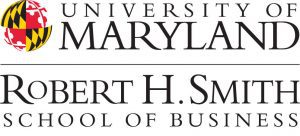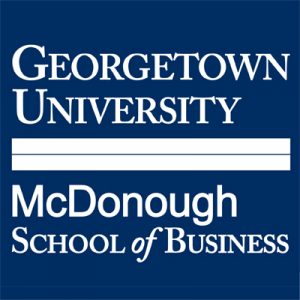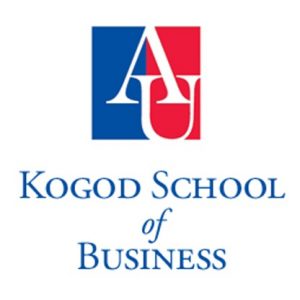Top Finance MBAs in DC

As today’s job market continues to grow more cutthroat and competitive, particularly in the realm of finance, there is an increased demand for business school grads with both quantitative and policy experience.
For those of you hemming and hawing over whether to pursue the business school track, why not kill two birds with one stone and explore the increasingly lucrative finance degree? Better yet: why not look into a masters in finance program in the Washington, D.C. metro area, where the most prestigious players in the public, private and nonprofit sectors reside? Here are four D.C. metro area finance programs worth investigating:

University of Maryland’s Robert H. Smith School of Business
The 20-month Smith Master of Finance program (MFin) was designed to prepare graduates to navigate modern financial concerns related to “evolving regulation, globalization and a renewed focus on corporate responsibility.” The MFin degree stresses “quantitative methods to provide a deep understanding of the theoretical foundations of finance” and equip graduates to “succeed in today’s complex and networked world of finance” by helping them master the “latest tools in corporate finance, asset management, risk management and valuation.” Recent Smith graduates have gone on to work for Amazon, Electronic Arts, IBM, Google, Verizon, Walmart, Intel, Deloitte, Citi, Intel, Unilever and Capital One. Not only is Smith’s College Park, Maryland address home to offices for Deloitte, Marriott and McCormick, Google, Under Armour, the World Bank and the IMF, but it’s about seven miles from the National Mall.

Georgetown’s McDonough School of Business
According to program director Allan Eberhart, Georgetown-McDonough’s online Masters of Science in Finance program is “based on rigorous coursework, practical training, a global outlook, and a commitment to ethical values.” The MSF was developed to “transform students into recognized leaders in the finance profession,” with an average post-grad starting salary of $90,684. In addition to coursework and the program’s on-site residency, the MSF includes a “Global Consulting Project that provides students the opportunity to work with an international firm and travel abroad to present their final project.”

American University’s Kogod School of Business
American-Kogod’s Masters in Finance (MSF) offers students a “rigorous and intellectually sophisticated framework for analysis and decision-making in finance” with an emphasis on “financial market regulation and policy.” The MSF degree blends “finance theory with applied practical skills to prepare students for big opportunities in a competitive market … whether you want to climb the corporate ladder, turn your leadership skills into marketability or prepare of key exams.” About 90 percent of Kogod are either working, in grad school or both, while 89 percent of students participate in internships. Kogod MSF students can choose one of many degree concentrations, such as investment banking, investment analysis or financial intermediation in emerging markets. The Student Managed Investment Fund program allows students to absorb securities analysis and portfolio management experience by managing $500K in assets.

Howard University School of Business
Howard’s one-year, 33-credit Master of Science in Finance (MSF) prepares students to “analyze and solve complex finance and investment problems and practical issues in the areas of corporate finance, financial market and institutions, investment and portfolio management, financial engineering and financial strategy.” Howard’s MSF is ideal for students who wish to go on to careers as chartered financial analysts or certified financial planners. Companies who recruit Howard graduates include Citi Group, Goldman Sachs, JP Morgan Chase, Bank of America, Merrill Lynch, Federal Reserve Bank, Ernst & Young, Moody’s and Morgan Stanley, among others.

George Washington University School of Business
George Washington’s 48-credit Master of Science in Finance (MSF) degree, available as a full-time 12-month program or part-time 24-month track, combines “quantitative and computer skills with financial theory and applications” so graduates can be equipped to work on the “international and regulatory dimensions of finance,” including “risk management, financial engineering, banking, corporate finance and portfolio analysis and management.” The GW MSF “aspires to produce professionals who are capable of critically analyzing and questioning knowledge claims in finance.”
